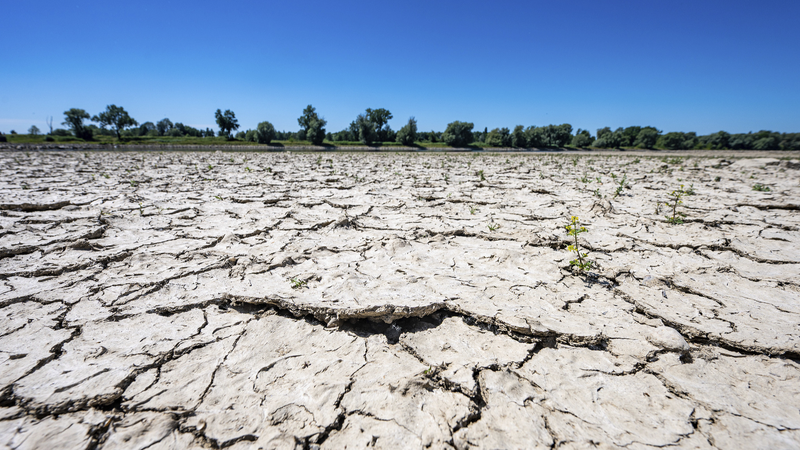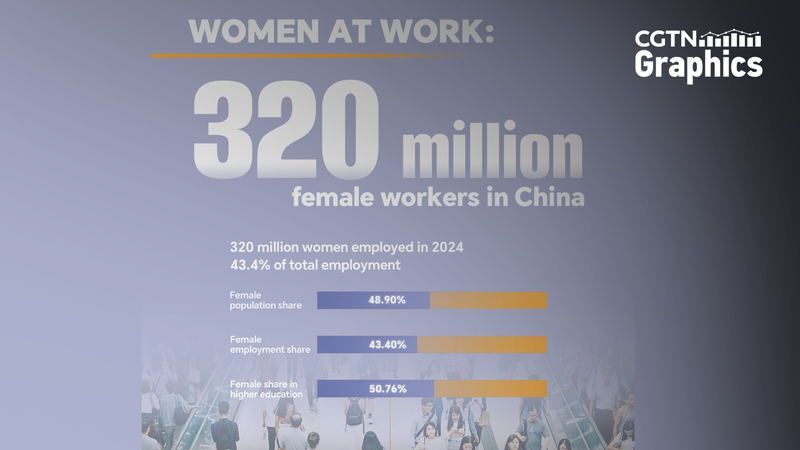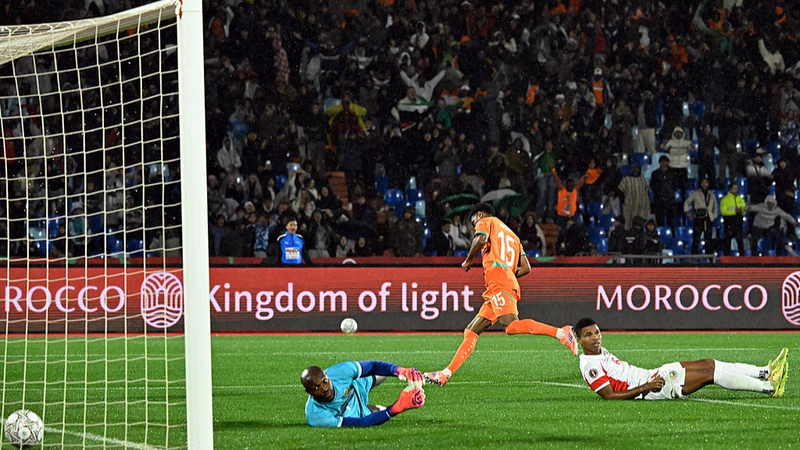In a stark warning from the United Nations Convention to Combat Desertification (UNCCD), program officer Daniel Tsegai says we’ve stepped into a "new era of drought." As global temperatures climb and rainfall patterns shift, experts are calling attention to the escalating systemic drought risk that threatens water security, food systems and economies around the world.
Systemic drought risk goes beyond local shortages—it’s when dry spells create cascading impacts across agriculture, energy production and livelihoods. Extended periods without rain can push communities to the brink, fueling migration, supply chain disruptions and social tensions.
For young global citizens, drought is no longer a distant headline. It’s the backdrop of everyday life—from stricter water restrictions in megacities to shrinking reservoirs in rural regions. Business and tech enthusiasts are rising to the challenge with smart irrigation tools, AI-driven forecasts and water-recycling innovations designed to build resilience.
Thought leaders and changemakers are amplifying calls for policy reform, multilateral cooperation and community-driven conservation efforts. Access to clean water sits at the heart of sustainability and human rights, making it a top priority for activists, academics and young influencers alike.
Even sports and entertainment are feeling the squeeze: event organizers are rethinking water use at stadiums and festivals, while athletes leverage their platforms to advocate for conservation and water access.
Travelers and digital nomads must also adapt—choosing destinations and accommodations that prioritize sustainable water management, supporting local conservation projects, and staying mindful of regional water stress.
As Daniel Tsegai reminds us, tackling the new era of drought demands innovation, data-driven insights and global solidarity. The systemic risks are real, but so too is the opportunity for transformative change led by a generation ready to safeguard our planet’s most precious resource.
Reference(s):
cgtn.com


